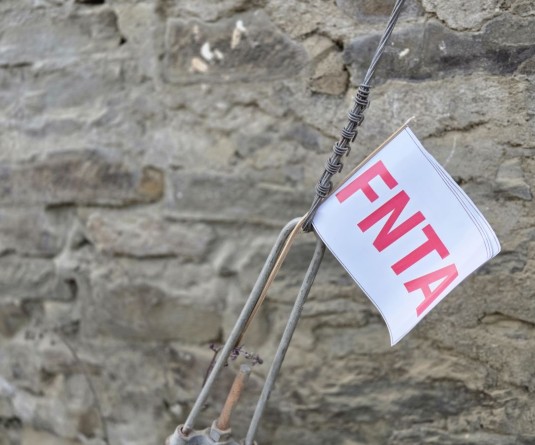
Robert A Silverstein
Er. Mhondamo Ovung has responded to my article of January 18th, 2017 in an article dated January 20th, 2017 in The Morung Express. This is my reply to him and to the readers who have read the three articles in the series. (I originally was responding to an article by Jonas Yanthan.)
Ovung has clearly indicated, as did Yanthan, that he has no idea what the most important principle in any society is to prevent that society from spinning into chaos, the principle of “the rule of law.”
When the author questions whether the Nagaland state Assembly is democratic, which he does throughout his article, and questions whether it is doing what it is “for the good of the electorate, their people, or are they doing so to infringe on the rights of the electorate and to torture them and make them slaves, in their own land”, those are legitimate questions. But how you address those questions is the issue here. I have laid out in my article the hierarchy of law in India, from the Indian constitution to the lowest village customary law. To abide by that hierarchy is necessary to avoid chaos. If you choose to skip that procedure, and to use self-help, that is, to simply choose to disobey the state Assembly, instead of trying to pass a law to change things, that leads to chaos. For example, to have ACAUT and student groups do the criminal investigations because the police and judicial bodies are not doing their jobs, that is a sign of chaos. When the soldiers of Camp Hebron and the NSCN (IM) have most of the police power of the state rather than the state government itself, that is chaos.
There are two things the Naga people can do to change things legally, both difficult. First, they can bring legal actions in the courts, and if the state courts are not effective, go to the higher courts on appeal. The other thing, and the most effective thing, is to nominate and elect honest politicians to the Assembly. But that seems to take more energy and more imagination and courage than the Naga people have.
So instead they protest. But you should not blame the state government if it disburses “peaceful rallies with water Cannon and tear gas.” The reason you have no basis for complaining is that the state government manipulated the state law in such a way that the rally was illegal where it took place. Do I think the state government used the law improperly to stop a legitimate rally?
Yes.
But the legal way to stop them from doing this is what I mentioned above.
Go to the courts and stop the state from hiding behind the law to prevent people from expressing their grievances.
But that is not the worst of it. If the Naga people had any courage and imagination, it would not have allowed the state government to spend years not paying teachers, not mandating contractors to finish the repair of roads, allowing corruption to go on in the face of the people with police and prosecutorial agencies doing nothing, and much more.
But instead of doing the hard and courageous work of changing the system by working within it, you protest and avoid using the system that the PEOPLE put in place to correct the things around them, the laws of the state and the nation.
When the people justify not respecting the law because they view the law as unjust and refuse to change the unjust law by using the law itself to address grievances, the “rule of law” breaks down and the people are stuck with nothing but chaos and the rule of the most powerful and the most corrupt.





